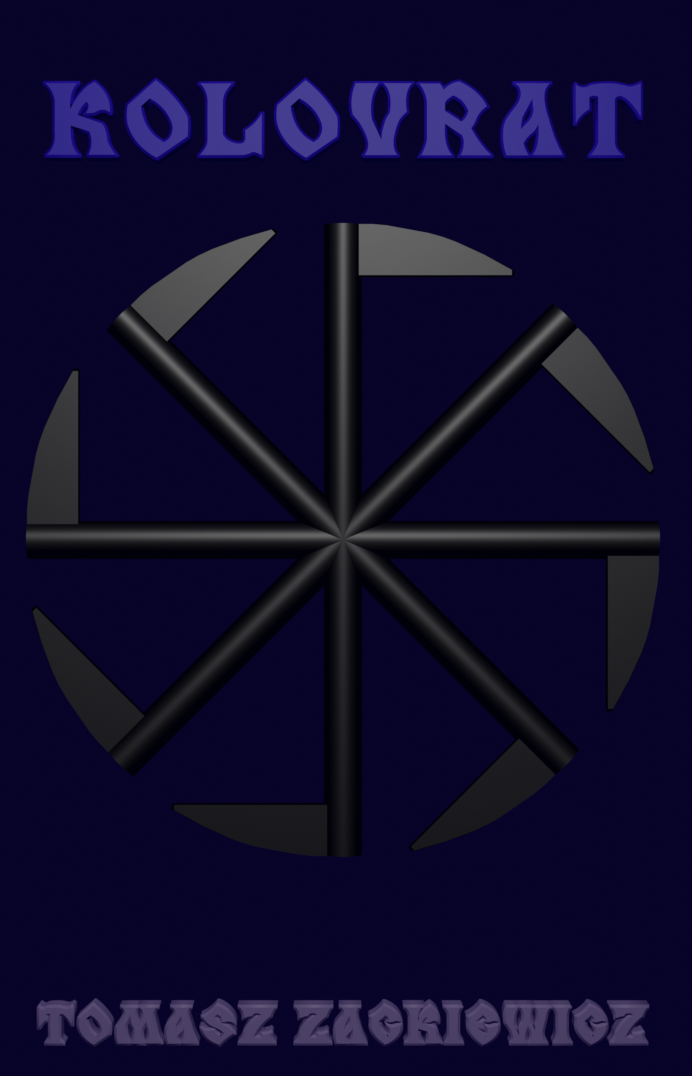Class in C#
Let’s write a simple class in C#:
/* A simple class for adding two integers */
using System;
class Moro
{
public int a;
public int b;
}
class Poro
{
public static void Main()
{
int c;
int d;
Moro pik = new Moro();
pik.a = 2;
pik.b = 3;
c = pik.a + pik.b;
Moro lik = new Moro();
lik.a = 5;
lik.b = 6;
d = lik.a + lik.b;
Console.WriteLine(“pik: ” + c);
Console.WriteLine(“lik: ” + d);
}
}
We have the result:
D:\SharpDevelop Projects\CSharp>csc cs9.cs
Microsoft (R) Visual C# 2010 Compiler version 4.0.30319.1
Copyright (C) Microsoft Corporation. All rights reserved.
D:\SharpDevelop Projects\CSharp>cs9
pik: 5
lik: 11
D:\SharpDevelop Projects\CSharp>
So it’s work! Let’s add a method:
/* A simple class for adding two integers */
using System;
class Moro
{
public int a;
public int b;
public double wynik;
public double Mira()
{
wynik = a + b * 100;
return wynik;
}
}
class Poro
{
public static void Main()
{
int c;
int d;
double f;
double g;
Moro pik = new Moro();
pik.a = 2;
pik.b = 3;
c = pik.a + pik.b;
f = pik.Mira();
Moro lik = new Moro();
lik.a = 5;
lik.b = 6;
d = lik.a + lik.b;
g = lik.Mira();
Console.WriteLine(“pik: ” + c + ” and Mira: ” + f);
Console.WriteLine(“lik: ” + d + ” and Mira: ” + g);
}
}
We have the result:
D:\SharpDevelop Projects\CSharp>csc cs10.cs
Microsoft (R) Visual C# 2010 Compiler version 4.0.30319.1
Copyright (C) Microsoft Corporation. All rights reserved.
D:\SharpDevelop Projects\CSharp>cs10
pik: 5 and Mira: 302
lik: 11 and Mira: 605
D:\SharpDevelop Projects\CSharp>
Now, let’s write a class with constructor:
using System;
class Boro
{
public int an;
public int bn;
public int wynik;
public Boro(int a, int b)
{
{
an = a;
bn = b;
}
}
public int Goga()
{
{
wynik = an + bn;
return wynik;
}
}
}
class Moka
{
public static void Main()
{
int c;
int d;
int e;
int f;
Boro adel = new Boro(1,2);
c = adel.Goga();
Console.WriteLine(“Mamy ” + c);
Boro adel1 = new Boro(3,8);
d = adel1.Goga();
Console.WriteLine(“Mamy ” + d);
Boro adel2 = new Boro(12345,5566);
e = adel2.Goga();
Console.WriteLine(“Mamy ” + e);
Boro adel3 = new Boro(-123,455);
f = adel3.Goga();
Console.WriteLine(“Mamy ” + f);
}
}
We have the result:
D:\SharpDevelop Projects\CSharp>cs12
Mamy 3
Mamy 11
Mamy 17911
Mamy 332
D:\SharpDevelop Projects\CSharp>
We can have a method overloading if we need:
using System;
class Mat
{
public int Fig(int a)
{
return a * a ;
}
public double Fig(double a)
{
return a * a ;
}
public int Fig(int a, int b)
{
return a * b;
}
public double Fig(double a, double b)
{
return a * b;
}
}
class Obl
{
public static void Main()
{
Mat ob = new Mat();
Console.WriteLine(“Suma: ” + ob.Fig(2));
Mat ob1 = new Mat();
Console.WriteLine(“Suma: ” + ob1.Fig(0.3));
Mat ob2 = new Mat();
Console.WriteLine(“Suma: ” + ob2.Fig(4,5));
Mat ob3 = new Mat();
Console.WriteLine(“Suma: ” + ob3.Fig(4.5, 6.7));
}
}
We have the result:
D:\SharpDevelop Projects\CSharp>cs13
Suma: 4
Suma: 0.09
Suma: 20
Suma: 30.15
D:\SharpDevelop Projects\CSharp>
Now, we can see how method overloading works for constructors:
using System;
class Spok
{
public int an;
public int bn;
public double cn;
public double dn;
public double en;
public Spok (int a, int b, double c)
{
an = a;
bn = b;
cn = c;
}
public Spok (int a, int b)
{
an = a;
bn = b;
}
public Spok(double d, double e)
{
dn = d;
en = e;
}
public double Oro()
{
return an + bn + cn + dn + en;
}
}
class Eti
{
public static void Main()
{
Spok adel = new Spok(1,2);
Console.WriteLine(adel.Oro());
Spok adel1 = new Spok(1,2,3);
Console.WriteLine(adel1.Oro());
Spok adel2 = new Spok(1.2, 4.5);
Console.WriteLine(adel2.Oro());
}
}
We have the result:
D:\SharpDevelop Projects\CSharp>cs14
3
6
5.7
D:\SharpDevelop Projects\CSharp>



